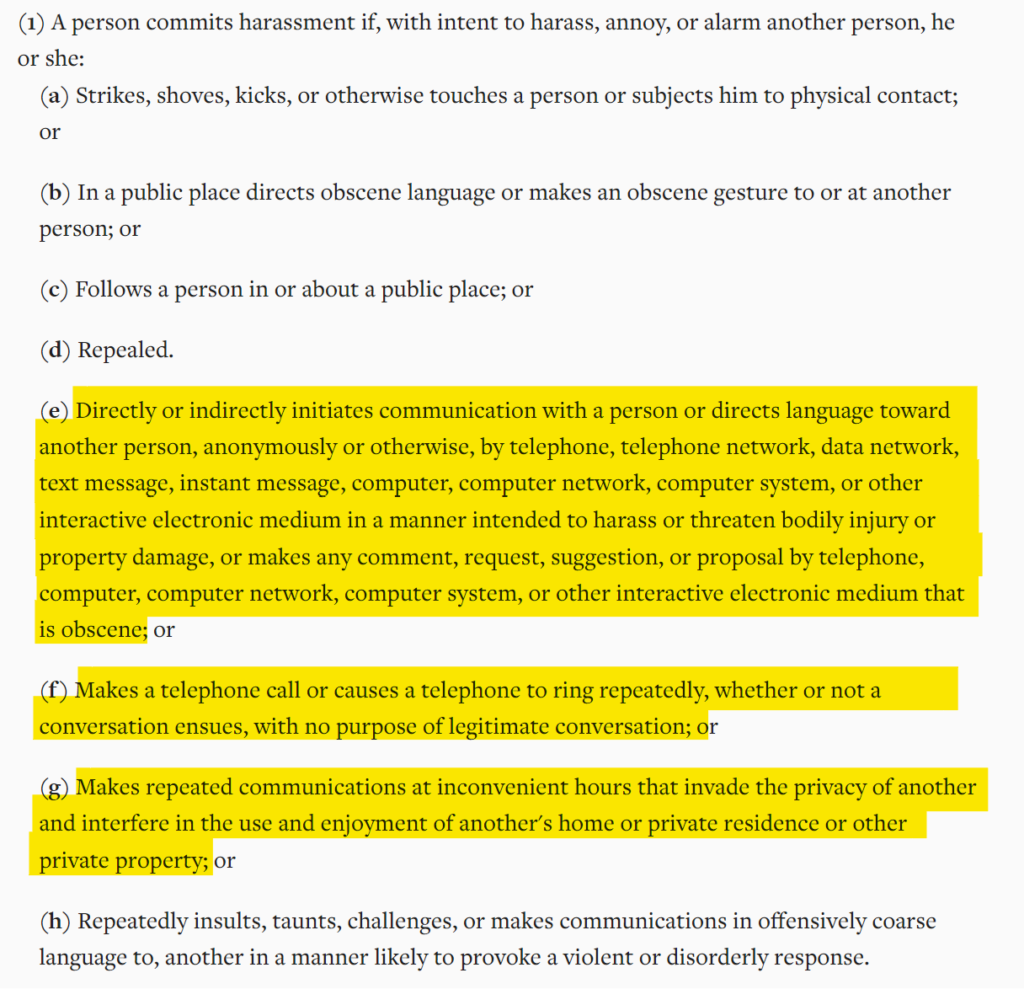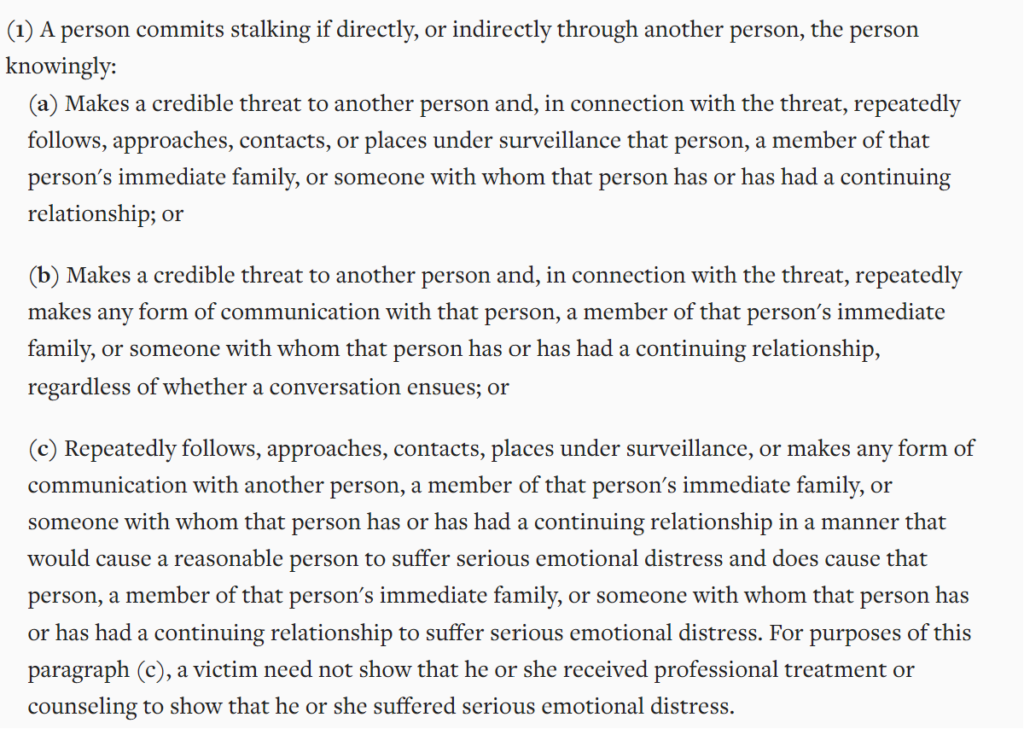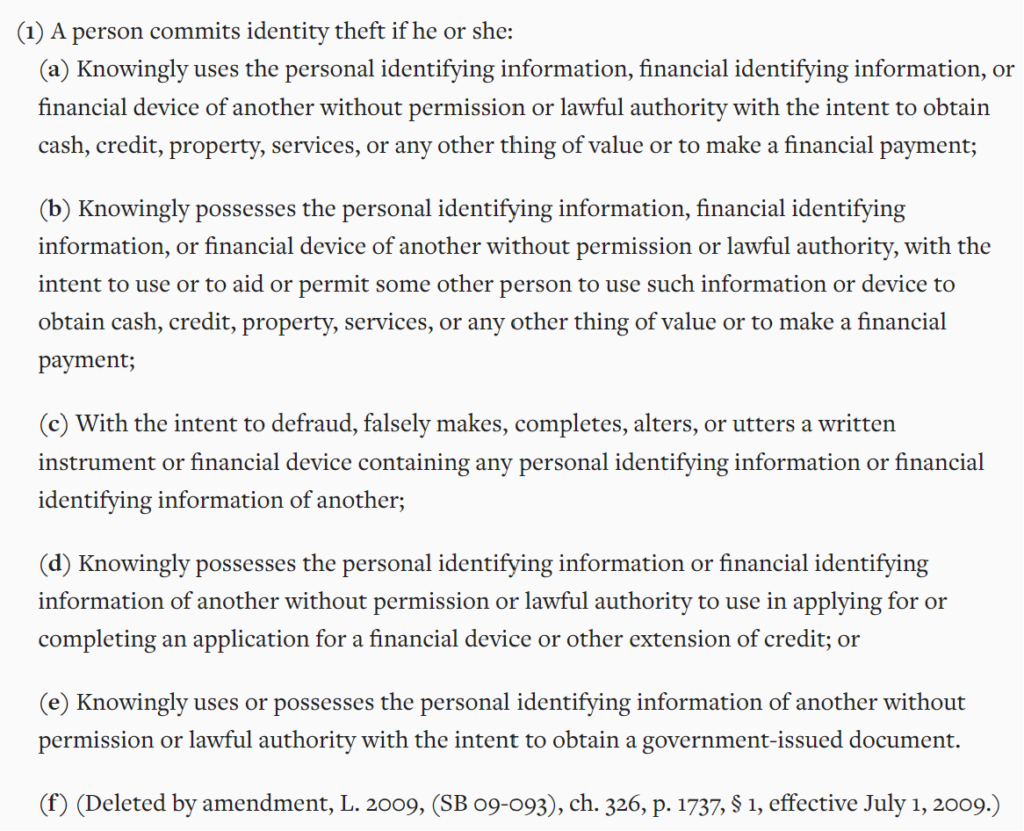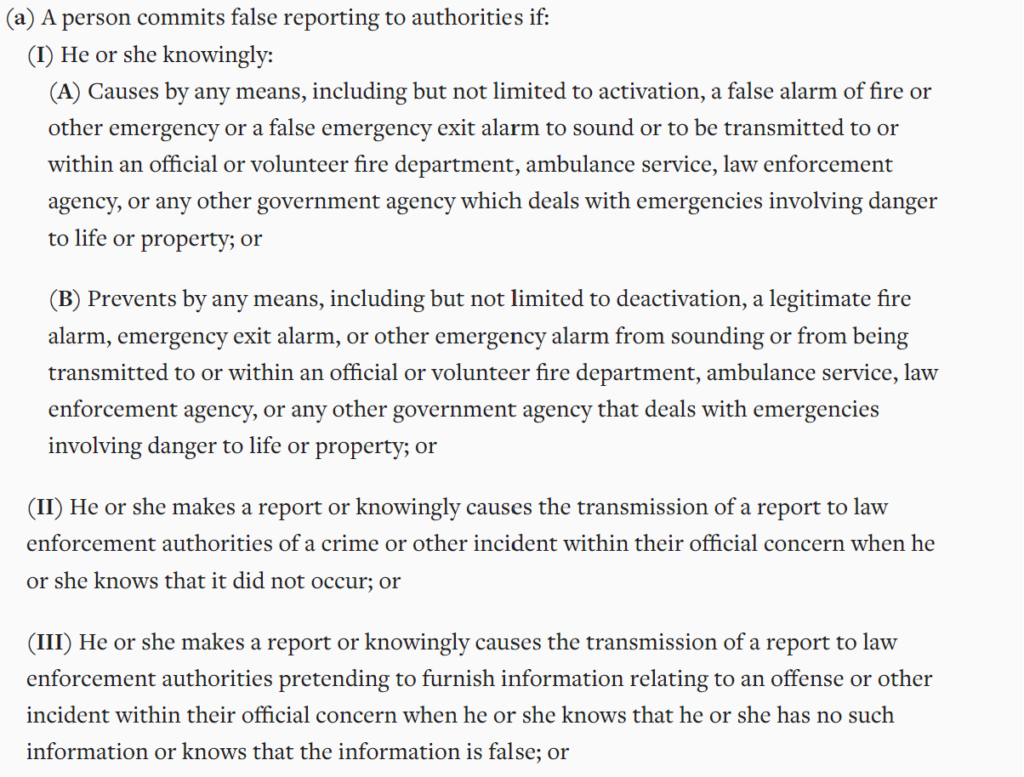Is Doxxing Illegal In Colorado
Laura Martisiute
Reading time: 7 minutes

Table of Contents
Those living in Colorado and interested in online privacy might wonder: Is doxxing illegal in Colorado?
In this guide, we’ll review whether doxxing is considered a crime in the state. We’ll also look at other criminal activities related to doxxing.
Is Doxxing Illegal in Colorado?
Yes, it is a crime to dox someone in Colorado. If someone publishes your personal information online without your permission in the state, they could face legal penalties.
However, Colorado only extends its doxxing law to victims who meet the definition of a “protected person” and protected person’s family members.
According to Colorado’s Revised Statutes 18-9-313 and 18-9-313.5, when doxxing a protected person puts them or their family at risk, it is illegal. So, who is considered a “protected person”?
Definition of a “protected person”
In Colorado, a protected person includes the following:
- Educators
- Code enforcement officers
- Human services workers
- Public health workers
- Child representatives
- Healthcare workers
- Reproductive healthcare services workers
- Officers or agents of the state Bureau of Animal Protection
- Animal control officers
- Office of the respondent parents’ counsel staff members or contractors
- Judges
- Peace officers
- Prosecutors
- Public defenders
- Public safety workers.
Election officials are also covered by Colorado’s doxxing law.

Definition of “personal information” under Colorado’s anti-doxxing law
Personal information generally refers to contact information. Colorado defines personal information as:
“…the home address, home telephone number, personal mobile telephone number, pager number, personal e-mail address, or a personal photograph of a participant in the address confidentiality program or protected person; directions to the home of a participant in the address confidentiality program or protected person; or photographs of the home or vehicle of a participant in the address confidentiality program or protected person.”
Penalties for doxxing protected persons in Colorado
Doxxing a protected person in Colorado is a class 1 misdemeanor in the state, meaning offenders could face up to 364 days in jail and/or a fine of up to $1,000.
Other information to know
Protected persons in Colorado have additional protections regarding the availability of their personal information online.
Notably, if there are public records about them on the internet that could pose a threat to them (or lead to harm), they can request that those records be removed from public view.

Doxxing Related Activities That Are Illegal in Colorado
While protected persons may be the only ones who enjoy legal protection against doxxing in Colorado, there are doxxing-related activities that are illegal in the state regardless of who the victim is. These include harassment, stalking, identity theft, menacing, and false reporting to authorities.
Harassment
Under Colorado’s harassment law, harassing communications may be particularly applicable to doxxing victims.
It’s considered harassment (Colo. Rev. Stat. § 18-9-111) in the state if someone uses a computer, phone, or other electronic device to send messages that threaten bodily harm against you or your property.
It’s also harassment if someone calls your phone number repeatedly or invades your privacy by way of inconvenient communications.

In Colorado, harassment is a class 2 misdemeanor, with up to 170 days in jail and/or a fine of up to $750.
Stalking
When someone makes a credible threat toward you and follows up by literally following you, they’re committing the crime of stalking (Colo. Rev. Stat. § 18-3-602), according to Colorado’s laws. That’s also the case if they repeatedly message you or your immediate family after making the threat.

Stalking in Colorado is a class 5 felony for the first offense, meaning even first-time offenders could face up to five years in prison and/or a sizable $100,000 fine.
Identity theft
If someone knows your personal information, they may be able to steal your identity.
In Colorado, identity theft is when someone uses your details to impersonate you and obtain anything of value, including money and government documents (Colo. Rev. Stat. § 18-5-902).

Identity theft is treated very seriously in Colorado, earning it the category of a class 4 felony. Perpetrators could face two to six years in prison and/or a fine of up to $500,000.
Menacing
Menacing (Colo. Rev. Stat. § 18-3-206), or making a threat to someone to the point that they are in fear of imminent bodily harm, is a class 1 misdemeanor in Colorado – unless a firearm, knife, or bludgeon is involved, in which case it’s a class 5 felony.

If it was an unarmed menacing situation, the penalty is 364 days in jail and up to a $1,000 fine; if it was armed, the penalty goes up to a possible five years in state prison and a $100,000 fine.
False reporting to authorities
Doxxing and swatting are closely related in online communities, with threats of swatting sometimes following the act of doxxing. Swatting refers to calling law enforcement to make a false report to prompt an emergency response to an unsuspecting victim’s home.
Swatting is encapsulated under Colorado’s law against false reporting (Colo. Rev. Stat. § 18-8-111) and is a class 2 misdemeanor punishable by up to 120 days in jail and a $750 fine.

Is Doxxing Illegal at the Federal Level?
No, doxxing is not illegal at the federal level. There are currently no federal laws protecting US citizens from doxxing.
However, some states in the US, including Illinois, California, and Arizona have passed anti-doxxing laws.
There is a wealth of information on the internet about any given individual, whether in the form of social media profiles, public records, websites, blogs, or forum posts. Because of this, it can be difficult to determine what content is doxxing and what isn’t.
That makes it all the more important for internet users to take their online safety into their own hands by taking steps to hide or remove their data.
How to Protect Yourself Against Doxxing In Colorado (And Elsewhere)
If your goal is to become as undoxxable as possible, you’ll want to begin by doxxing yourself.
While it may sound counterintuitive, if you go through the same process that doxxers use, you can see exactly where your personal information vulnerabilities are. To get started, you can follow our guide to self-doxxing using this list of doxxing tools. We also have an Instagram-specific doxxing guide.
Once you’ve doxxed yourself, you’ll have a clearer idea of what steps you’ll need to take next to shrink your online footprint.
Some of the more common steps that people take include:
- Changing social media profiles from public to private.
- Opting out of data brokers and people search sites, which are searchable databases of personal information profiles. Note that you will need to opt out of data brokers repeatedly and continuously as profiles are reactivated when new information is uncovered (or consider subscribing to a data removal service such as DeleteMe to have privacy experts handle the opt-outs for you).
- Creating and using unique usernames and passwords to make it more difficult for bad actors to stalk you online and break into your accounts.
- Being cautious about giving out any personal information online.
To learn more, read our guide on how to prevent doxxing.
Our privacy advisors:
- Continuously find and remove your sensitive data online
- Stop companies from selling your data – all year long
- Have removed 35M+ records
of personal data from the web
Save 10% on any individual and
family privacy plan
with code: BLOG10
news?
Don’t have the time?
DeleteMe is our premium privacy service that removes you from more than 750 data brokers like Whitepages, Spokeo, BeenVerified, plus many more.
Save 10% on DeleteMe when you use the code BLOG10.

















